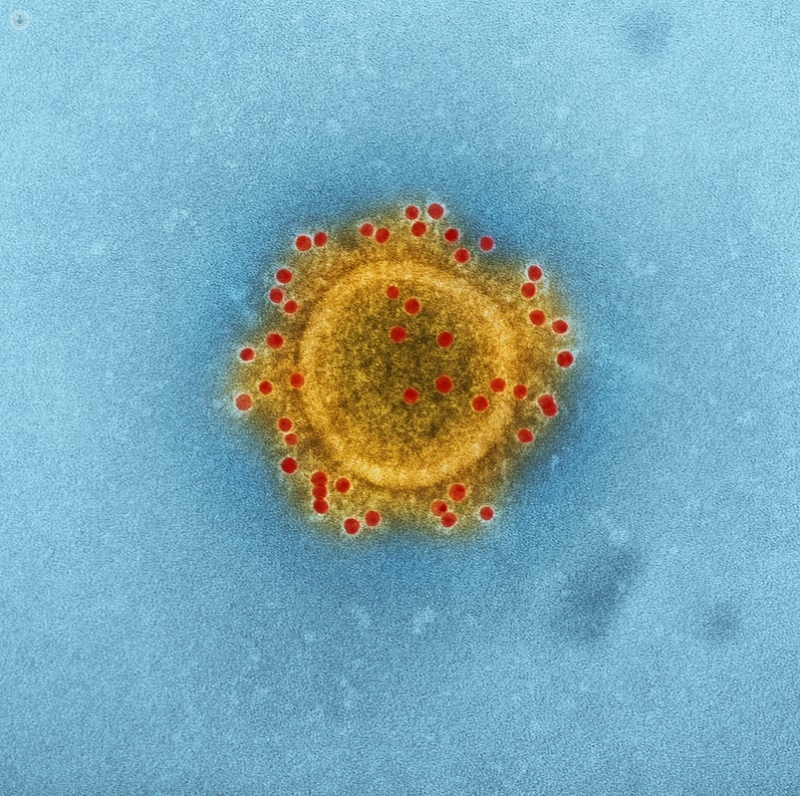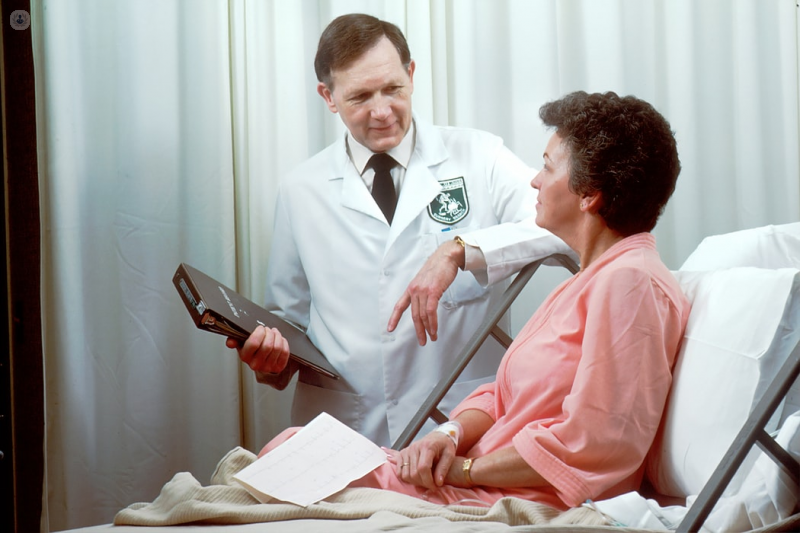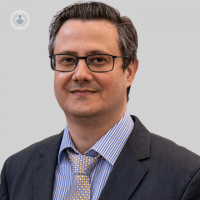Immunodeficiency: an in-depth explanation
Written by:The human immune system is vital in terms of our overall physical health and well-being. It is, in many ways, our protective shield against bacterial infections and viruses.
Immunodeficiency is the medical term used to refer to the immune system being negatively affected or impaired in its constant fight to protect us from illness. We recently spoke with esteemed pulmonologist, Dr Ricardo Jose, to learn more about this immune-system-threatening condition.

What is an immunodeficiency?
Immunodeficiency occurs when there is partial or full impairment of the immune system that results in the inability of the body to adequately defend itself against infections or resolve disease. It can involve the innate immune system, which is the first line of defence against pathogens, involving a rapid and non-specific response, or the adaptive immune system, which is a more pathogen specific-response that results in lasting memory to prevent re-infection, taking days to develop.
What causes immunodeficiency?
Immunodeficiency is primarily caused by parts of the immune system not working correctly due to inherited conditions (i.e., genetic mutations) causing primary immunodeficiency (PID), or due to acquired defects due to underlying disease or medication, resulting in secondary immunodeficiency (SID). PID is usually present from birth and diagnosed in childhood, but many individuals are only diagnosed later in life. As SID is caused by acquired factors, it can occur at any point within an individual’s life.
What are some examples of immunodeficiency diseases?
Immunodeficiencies are classified according to the primary immune cell defect. Impairment of the innate immune system usually involves disorders of phagocytes (white blood cells that clear pathogens by eating them) or defects in complement (proteins that help immune cells clear pathogens). These immunodeficiencies are rare.
Impairment of the adaptive immune system involves defects in B cells, T cells or both. B cells produce antibodies that attach to microbes to allow immune cells to identify and clear the infection. T cells activate other immune cells (including B cells) to produce specific antibodies and can kill microbes.
Common variable immunodeficiency is the most common identified immunodeficiency. There is reduced or absent immunoglobulins with impaired antibody function.
The most common secondary immunodeficiencies are disease or treatment-associated secondary antibody deficiencies, which include:
- haematological malignancy (chronic lymphocytic leukaemia, lymphoma, myeloma, myeloid leukaemia)
- acquired Immunodeficiency Syndrome (Human Immunodeficiency Virus)
- congenital heart disease
- protein loss (protein losing enteropathy, nephrotic syndrome, severe burns, lymphatic loss)
- malnutrition
- chemotherapy
- stem cell transplantation
- solid-organ transplantation (heart, kidney, lungs, liver)
- immunosuppressive medication (rituximab, corticosteroids, mycophenolate)
What are some of the main symptoms and warning signs?
Individuals with immunodeficiency are susceptible to recurrent bacterial infections, particularly of the ears, sinuses, bronchi and lungs. The infections usually require longer or repeated courses of antibiotics, and infections may appear with opportunistic pathogens that do not usually cause disease in healthy individuals and are harder to diagnose. Furthermore, recurrent chest infections can lead to the development of bronchiectasis.
Symptoms may include yellow or green nasal mucus discharge, protracted cough that is usually productive of phlegm or recurrent fever and night sweats. Importantly, the need for frequent use of antibiotics should be a red flag, and should prompt further assessment by a respiratory specialist with an interest in immunodeficiency or an immunologist.

How is an immunodeficiency treated?
The immune function can be boosted depending on the identified immunodeficiency. For example, primary antibody deficiency is managed with immunoglobulin replacement therapy and anti-retroviral therapy is given to those with AIDS (acquired immunodeficiency syndrome). Stem cell transplantation may be a curative option in those with severe combined immunodeficiency (SCID) and in selected cases of severe non-SCID primary immunodeficiencies.
In all cases, it is essential that infections are promptly and appropriately treated, as chronic inflammation from repeated infections can lead to the development of bronchiectasis. Antibiotics can also be used prophylactically to prevent recurrent infections.
Can people with immunodeficiencies get the COVID-19 vaccine?
Current SARS-CoV-2 vaccines are non-live vaccines and safe to be administered to people with immunodeficiency. Depending on the immune defect and its severity, immunodeficient people may not have good antibody or T-cell responses to vaccination.
However, individuals with antibody deficiency who do not respond well to vaccines by measurable antibody titres should still consider receiving the vaccination, as the current vaccines have been shown to activate the cellular immunity via T-lymphocytes. Tests to assess vaccine responses have been developed, and research is ongoing to help correlate these findings with clinical protection from infection. As populations get vaccinated, it is likely that SARS-CoV-2 antibodies may become prevalent in immunoglobulin products.
Dr Ricardo Jose is a revered and highly experienced London-based pulmonologist. If you have any concerns about your immune system or any respiratory-related worries, you can visit Dr Jose’s Top Doctor’s profile to book an appointment with him.


